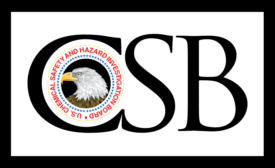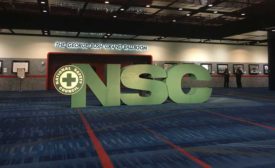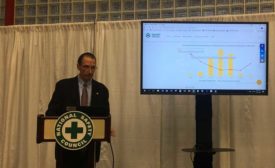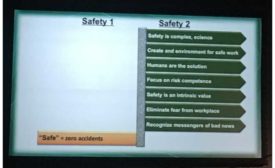News
How a new anti-sitting app can help lower your blood pressure
Desk-bound workers get reminders to stand, move
October 25, 2018
Green building practices have an unhealthy side for construction workers
Spray foam and protective clothing: What works
October 24, 2018
First responders, 9/11 terrorist attack survivors at risk
High rate of drug/alcohol-related deaths in WTC survivors
October 24, 2018
From the NSC show:
Statistics reveal workplaces still need safety improvements
October 23, 2018
Become a Leader in Safety Culture
Build your knowledge with ISHN, covering key safety, health and industrial hygiene news, products, and trends.
JOIN TODAYCopyright ©2024. All Rights Reserved BNP Media.
Design, CMS, Hosting & Web Development :: ePublishing










